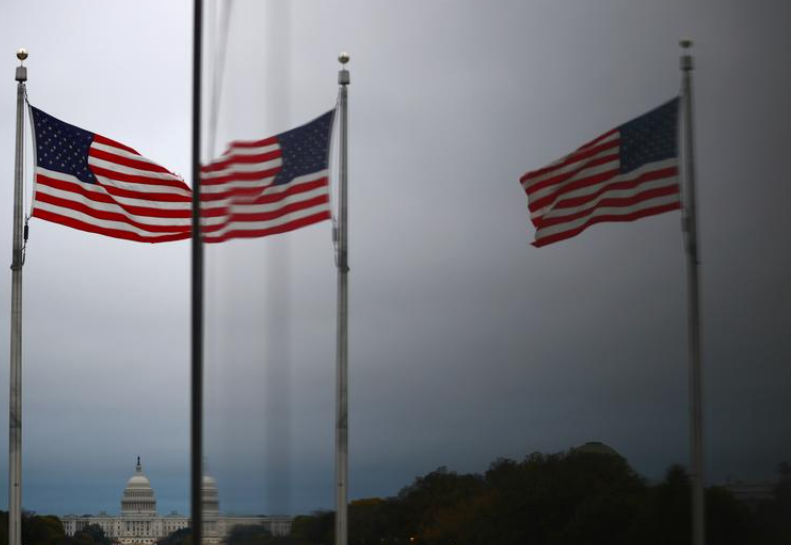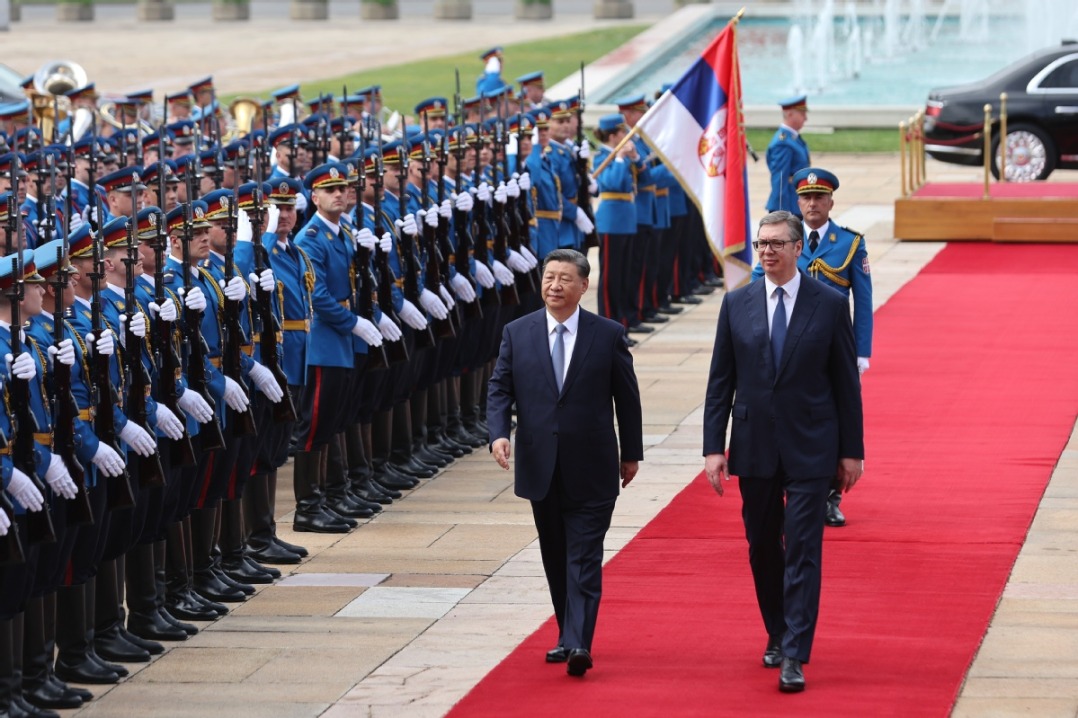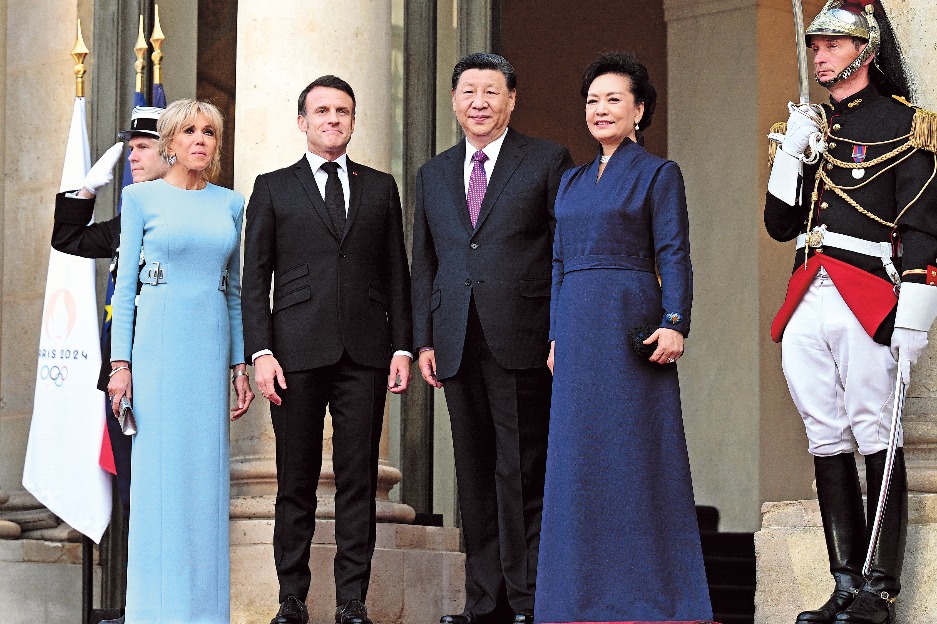Is the adversarial democracy dividing the US?
By Jia Wenshan | China Daily | Updated: 2020-11-12 07:20

In the age of electronic and social media, political discourse in the United States has been reduced from Democrats versus Republicans to blue states versus red states, an evolution of or a substitute for right versus left. Due to this, the binary-style politics embedded in the US political discourse has become all the more polarized and dramatized. However, one cannot blame journalists for such a simplistic framing, for it arose from the partisan nature of the US political system.
Bipartisanship seems to be temporary and fleeting in US political discourse. Often, it is merely lip service. It is usually based on the goodwill and the good nature of the leaders of both the parties-usually in response to emergencies or disasters. Bipartisanship has never been institutionalized or institutionalized enough to sustain the unity of the US. Partisanship, on the other hand, is structural and permanent.
This explains why American democracy functions as a zero-sum game and cannot be win-win for all-unlike what Abraham Lincoln suggested in his famous vision of democracy as one "of the people, for the people, and by the people". An election in the US such as the just-concluded presidential election is a dramatic illustration of such a system of zero-sum game in operation.
Partisanship means that political parties, the Democratic Party and the Republican Party in the case of the US, are not only in opposition to and in competition with each other to win the support of the electorate, but also end up seeding, fueling, and deepening the divide and animosity between the two parties, and in extension the American society and culture. More often than not, it pits the American people against each other for partisan gains.
The two-part PBS documentary America's Great Divide released before the COVID-19 pandemic broke out documents the growing divide in the US in terms of wealth, values and identity. Such a divide has been exacerbated by the impacts of the pandemic and is being deepened by the current controversy over the results of the 2020 presidential election.
One may argue that American democracy is based on the principle of majority rule. However, its political design reveals big loopholes. American democracy is predominantly an election-centered democracy-a turn-taking democracy, and a partial democracy in that it is a winner-takes-all democracy. Whichever party comes to power, its leaders take care of the interests and needs of only their own party and the people they represent, either as a priority or as a matter of routine; the interests and needs of the opposition party and the people it represents are usually put on the backburner or simply delegitimized or denounced.
The opposition party and its supporters are forced to fight for at least four more years to have their voices heard, and needs and demands met. Such a winner-takes-all approach to politics, government and governance has become increasingly irrelevant to the needs of contemporary US society, and widened the divisions and intensified the animosity among the American people.
Worst of all, campaign promises are usually means used by candidates to gain votes and get elected, not necessarily promises kept and implemented after they get elected. Electorates who are cheated tend to get tired of participating in such political games. By and by, voter turnout becomes extremely low.
Since 1981 when Roger Fisher and William Ury coined the term "win-win" in their book, Getting to Yes, the US society has gradually embraced the concept of cooperation more than competition, diversity more than uniformity. Yet when it comes to politics and law, the values of cooperation and pluralism often encounter institutional resistance in the US.
For a long time, Western politicians and media have been lecturing China on how to practice democracy. As a socialist country, China cannot afford to adopt American-style divided democracy, and ignore almost half of its people's interests and needs while making intense efforts to meet the needs and wants of a marginal majority-similar to what American leaders do in the US.
The Communist Party of China is obligated to take the interests of all Chinese people into equal and simultaneous consideration when it comes to governance and support. The current Chinese political system is a structural process of soliciting the widest possible consultation, evoking the widest possible consensus, and building the widest possible coalition to achieve the shared goal of basically modernizing China by 2035 and making China one of the biggest players on the global stage by 2050 so it can help build a community with a shared future for mankind.
But does China need to learn from the US in its attempt to reach such goals despite the flaws of the US system? Yes, of course. Does China need to copy the US model in order to do so? The answer is No.
The author is an adjunct professor of journalism at Shandong University, and a professor at Chapman University.
The views don't necessarily reflect those of China Daily.
























